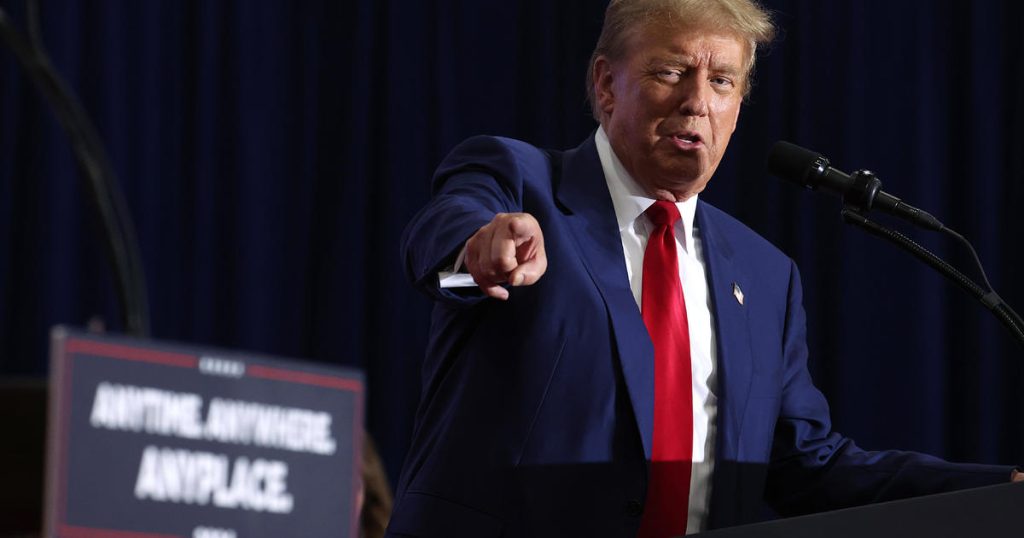Former President Donald Trump posted a $175 million bond in New York to pause enforcement of a $460 million judgment against him following a fraud trial. However, experts noted that the bond was missing essential information typically included in such filings. New York Attorney General Letitia James raised concerns about the sufficiency of the surety provided by Trump and other defendants, citing issues such as the bond being issued by a company not authorized in New York and lacking the required certificate of qualification. Trump’s attorney accused James of engaging in a “witch hunt” and seeking to stir up baseless public quarrel in an attempt to regain relevance.
The bond filing by Knight Specialty Insurance Company, the provider of the bond, lacked the necessary documents such as a financial statement and certificate of qualification from the Department of Financial Services. The company was not listed on New York’s DFS website and had to refile the posting after concerns were raised. Additionally, Knight Specialty is not a licensed insurer in New York, raising questions about its financial capability to fulfill the bond requirements. The company’s president asserted that they were compliant with New York laws through the Excess Line Association of New York, and had over $1 billion in equity to cover the bond amount.
The billionaire behind Trump’s bond, Don Hankey, mentioned that Trump had used $175 million in cash as collateral for the bond. Despite this, questions remain about the company’s ability to pay immediately in case Trump loses his appeal. Knight Specialty’s compliance officer stated that the company could issue bonds in states where they were not licensed on an “excess and surplus lines basis.” However, attorney Bruce H. Lederman highlighted the requirement under New York law for an insurance company posting a surety bond to be authorized in the state, raising doubts about the validity of the bond.
James’ office declined to comment on the matter, but legal experts emphasized the importance of compliance with state laws in posting a surety bond. Lederman suggested that the attorney general should investigate the company’s financial standing and compliance with state requirements to ensure that the bond is acceptable. Knight Specialty later submitted a financial statement in an updated filing, showing a surplus of $1 billion to policyholders. The bond filing also included a joint limited power of attorney signed by Hankey and Shah, providing further details on the company’s financial position.
The ongoing legal battle involving Trump’s bond highlights the importance of adhering to state laws and regulations in financial transactions like surety bonds. The lack of essential information in the initial bond filing raised concerns about the company’s capability to fulfill the bond requirements if needed. As the case progresses, scrutiny from legal experts and authorities will likely continue to ensure that all parties involved comply with the law. The outcome of this situation will set a precedent for future cases involving surety bonds in New York and the importance of strict adherence to state regulations in financial transactions.


